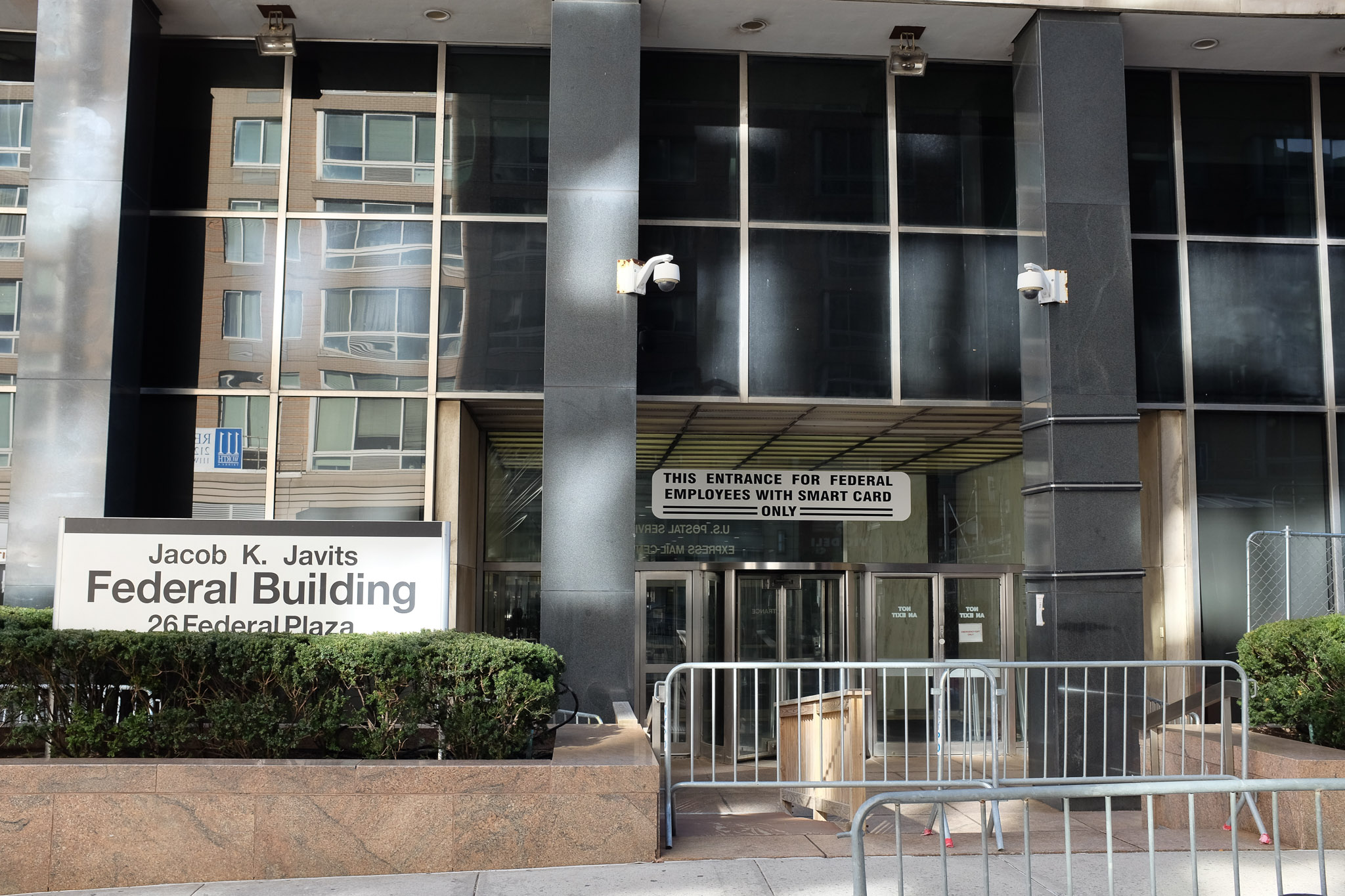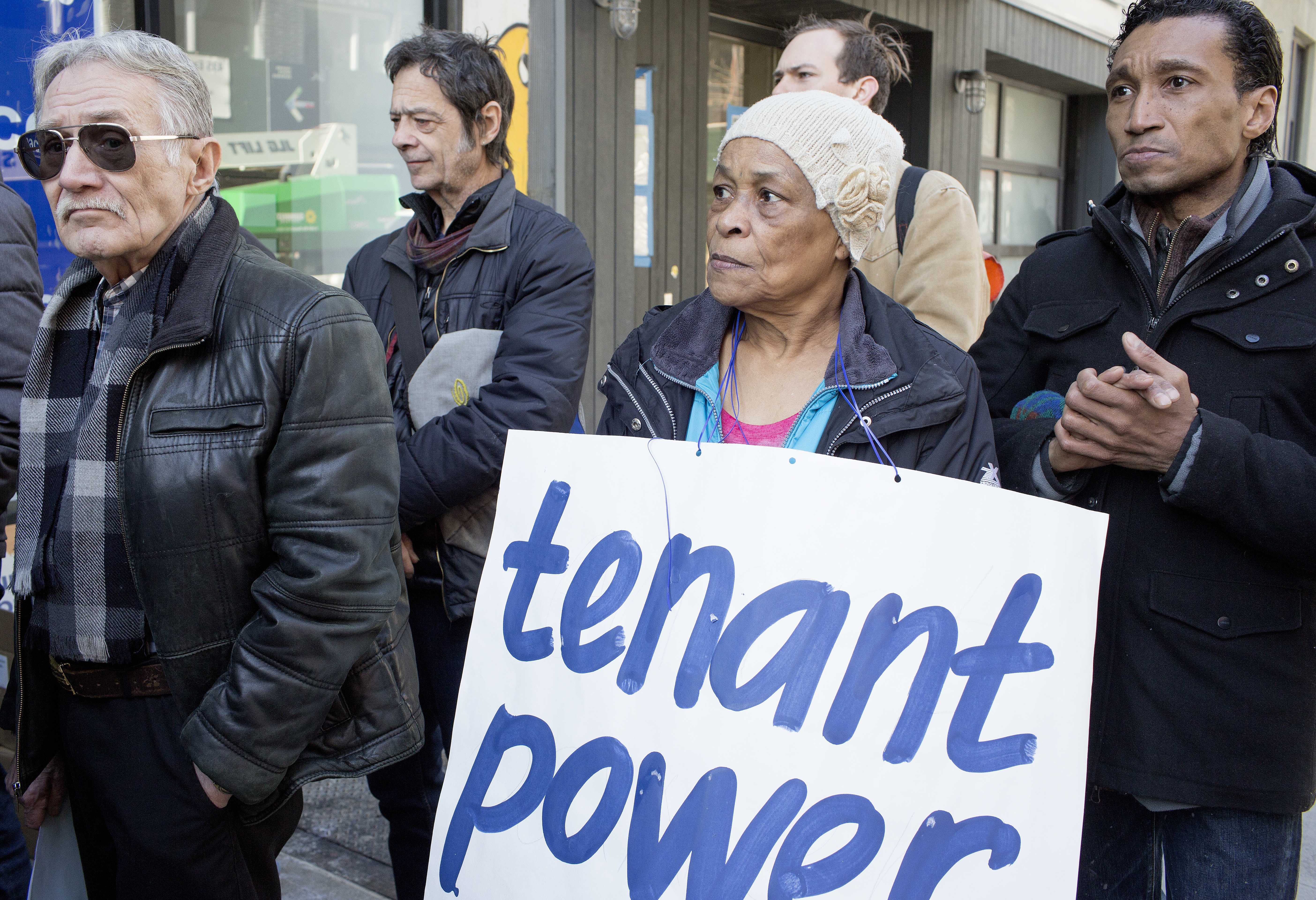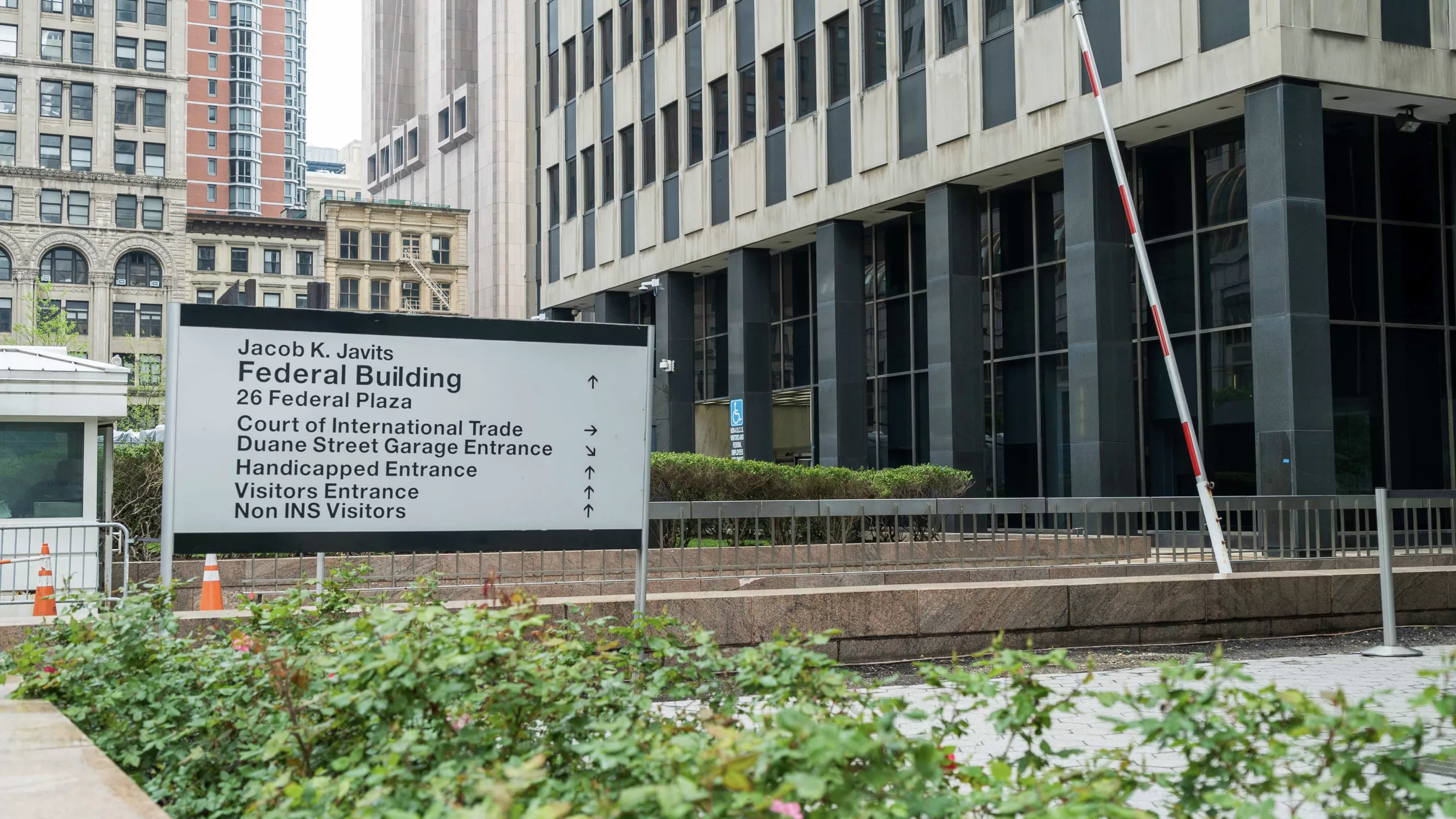For four years, immigration lawyers like Hasan Shafiqullah, Attorney-in-Charge at The Legal Aid Society’s Immigration Law Unit, have been biding their time, waiting to file certain motions until a more compassionate administration took charge.
“Under Trump, they were going so aggressively after anyone that they possibly could seek to deport, to deny anyone that they could deny, that anyone for whom we would need a discretionary decision made by Homeland Security, it could go either way,” said Shafiqullah. “So now we’re seeing, under Biden, a return to a much more measured approach.”
Shafiqullah has a client who has been in the United States since he was a child but lost his DACA status after a minor criminal conviction. Pre-Trump, Shafiqullah says people with low-level convictions would typically not have any problem with renewing their DACA. But under the Trump administration, Shafiqullah waited before filing for renewal, in an attempt to protect his client from deportation.
Now, with a new administration at the wheel, Shafiqullah says he finally felt comfortable renewing DACA for his client, who was eager to renew his work permit.
That being said, there are other cases that Shafiqullah says he won’t be moving forward on just yet. For example, one client might be able to get a Green Card through his son—a U.S-born citizen currently in the army reserves—through Parole in Place, a discretionary option for families of service members. Shafiqullah says he wouldn’t have even considered this option under Trump, but even so, he and his team will wait for more specific guidance about how the process is addressed by the Biden administration.
Also read: DOJ Appeals Ruling Limiting Immigrant Detentions Without a Court Hearing
Under the Trump administration, immigration lawyers have been finding workarounds, from biding their time on certain motions to aggressively litigating against policies in the courts. Some of the Biden administration’s early actions may signal significant change, but there is still a great deal of uncertainty among immigration lawyers about how policy will play out on the ground.
In February, Congressional Democrats introduced President Biden’s immigration reform bill, which would give 11 million undocumented immigrants an eight-year path to citizenship. Among other reforms, the bill allows for an expedited path to citizenship for Deferred Action Childhood Arrival (DACA) recipients and Temporary Protected Status holders, expands eligibility for V-visas, and raises per country quotas on legal immigration. But the bill’s chances for making it through the Senate are slim.
Biden has revoked certain Trump Executive Orders and issued memoranda setting clearer priorities for ICE. Several immigration lawyers said that the Biden administration’s allowing for greater prosecutorial and judicial discretion could make for a significant change in the immigration courts.
“[Before, Judges] were told to just go ahead, not even wait for other applications to be adjudicated, for the court to just plow ahead with the deportation,” Immigration attorney Carol Wolfenson said. Now, they can use discretion to put cases on hold, she explained. “I think that things will get a lot better.”
Also read: How Trump Made Legal Immigration Harder
But attorneys also emphasized that much is still up in the air when it comes to detailed, specific guidance from the Biden administration.
“The Biden administration hasn’t done much more than say that ‘they’re looking at everything,’” said Camille Mackler, Executive Director of Immigrant Advocates Response Collaborative (I-ARC). “I think it’s just too early, in terms of having the government announce substantive enough changes that suddenly people who were not eligible are eligible, and it’s also still too early to have restored trust in the government systems.”
Wolfenson says that until recently, she couldn’t even consider moving forward with certain cases. Under the Trump administration, she says her old cases were not being reopened, and so despite both clients having approved petitions from family members, she couldn’t go forward with them. Now, Wolfenson is starting to prepare, but won’t go ahead with the cases until there is more clear guidance coming from the Biden administration.
Also read: Only 20% of ICE Detainees Get a Hearing Within 10 Days
Mackler says that Covid-19 is only adding to the uncertainty that normally follows the changing of a new administration.
“Let’s say the DREAM act finally passes… or they do some sort of expansion of DACA that survives a court challenge,” Mackler said. “How do we screen and figure out who’s eligible in as quick an amount of time as possible, while also not being able to cram everybody in a room together?”
Overall, she says immigration attorneys still have their work cut out for them, but that hopefully under the new administration, there will be more ways for them to do that work.
“I think in some ways things won’t change from the past four years, there’s just going to be more options,” said Mackler. “We still need to defend people who are eligible, people who are put into the deportation pipeline still have to be defended. We just have more tools now to defend them with.”
Also read: The Legal Battle That Followed Trump’s Plan To End DACA















